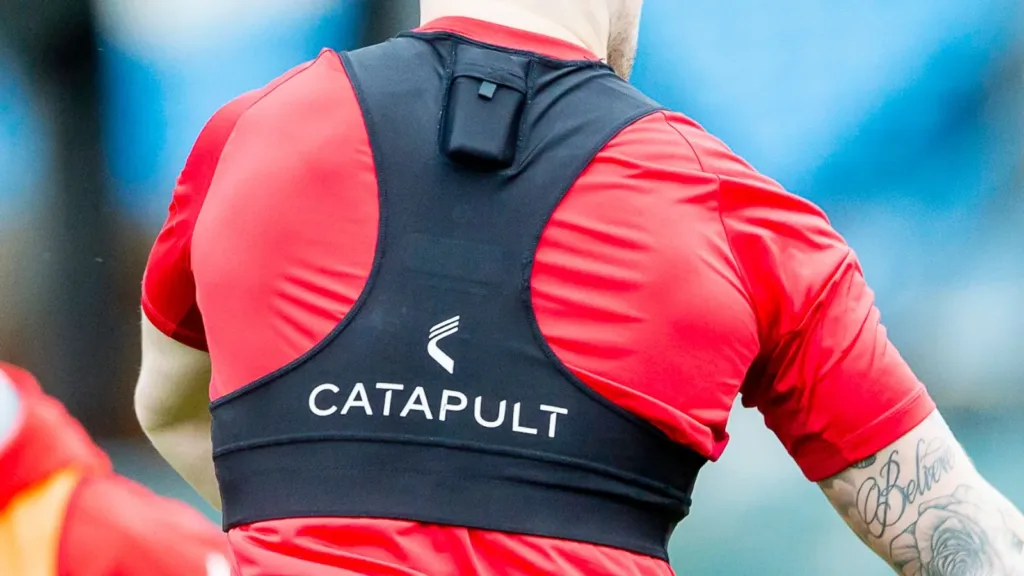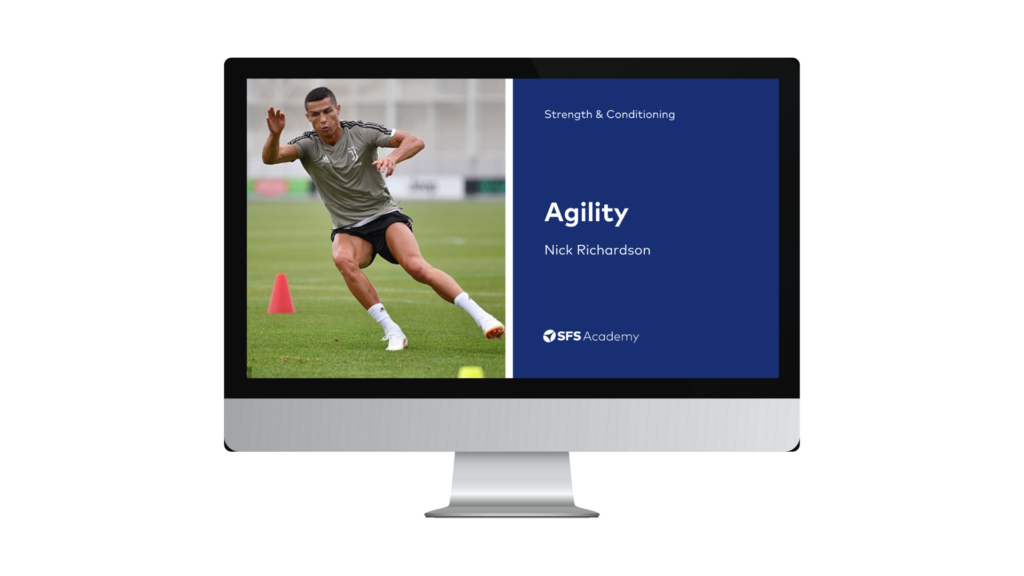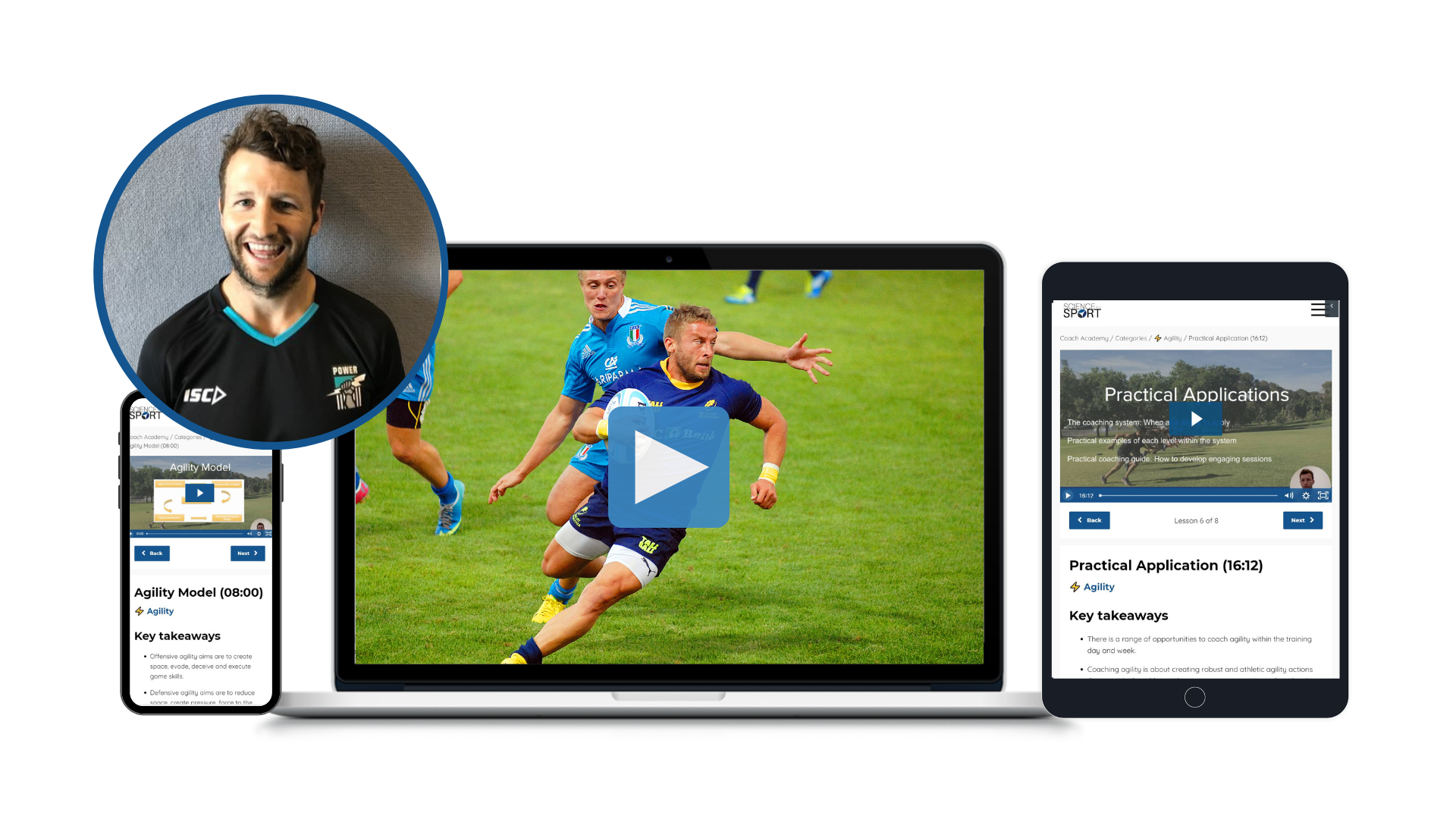This week in the world of sports science, here’s what happened…
- Potential risks of taking supplements
- Training to muscular failure
- Is GPS accurate at measuring maximum velocity sprinting?
Potential risks of taking supplements

An alarming article about supplementation was published by Insider this past week. The article discusses the current popularity of taking supplements and gives some fascinating examples. The article claims famed longevity doctor Peter Attia takes nine different supplements each morning to extend his youth. The article also alleges leading American entrepreneur Byran Johnson takes over 100 supplements daily.
Whether these claims or true or not, supplement usage is at an all-time high among athletes and the general population. The article expresses safety concerns that people are not considering before taking supplements. For example, excess consumption of certain supplements may cause negative side effects. Excess omega-3 can lead to low blood pressure and stomach upset. Excess magnesium consumption can lead to confusion and muscle weakness. Certain supplements can interact with prescription medicine in a harmful way too.
It is worth noting that supplements are not regulated so cross-contamination may occur and the listed ingredients and dosages may not be accurate as well. Therefore, before aimlessly taking a supplement, it is also best to seek advice from a qualified dietician. The article advises only introducing one new supplement at a time into your routine, to limit potential side effects.
Training to muscular failure
A precise video was published this past week on YouTube. In the video, DR. Mike Israetel discusses training to muscular “failure”. The video was viewed nearly 100,000 times in the first 24 hours of upload! In a humorously informative approach, DR. Israetel gives five rules for training to muscular “failure”.
The rules are:
- It’s not for beginners (high injury risk and may negatively impact technique)
- It’s suitable for hypertrophy training NOT for strength training
- Preserve exercise technique as you go to failure
- Account for the sustained fatigue (regularly training to failure is very fatiguing!)
- Make sure progress is occurring (count reps and loads at failure and track if progress is occurring)
Training for muscular “failure” is not suitable for everyone. However, it may be beneficial for athletes with hypertrophy-orientated goals. So, if you or an athlete you coach is considering including some training to muscular “failure” sets, applying the rules of this video is recommended.
Is GPS accurate at measuring maximum velocity sprinting?

A study published in this month’s Journal of Strength and Conditioning Research assessed the validity of using GPS to measure maximum velocity sprinting. Disappointedly, the study had a low sample size, with only five participants. However, the quality of the participants was exceptional. Five males with an average personal best of 10.02 seconds over 100 metres and two females with an average personal best of 11.18 seconds for 100 metres were the participants.
The study assessed 16 60-metre maximum effort sprints. 10-Hz wearable GPS was used during the 60-metre sprints and compared to radar times. The results showed that GPS overestimated maximum velocity sprinting by 0.11 m·s−1 relative to the radar.
The results indicate that GPS overestimates maximum velocity sprinting by 1%. This suggests GPS can be used to monitor maximum sprinting velocity but in an elite population chasing marginal gains, it may not be the most accurate option.
From us this week:
>> New course: Ownership
>> New podcast: How Tactical Operators Use Exercise Physiology To Optimise Human Performance
>> New infographic: How Much Strength Training Is Needed In Football During The Season
>> New article: Sit An Reach Test
Access to a growing library of sports science courses
SFS Academy is an all-access membership to premium sports science education.
With SFS Academy, you’ll learn from some of the best coaches around the world as they teach you how to apply the latest research and practice with your athletes.
Get instant access when you join today on a 7-day free trial.
I hope you enjoyed this week’s roundup of the hottest sports science news, and as always, we’ll be back next week with more to keep you at the forefront of the industry.



